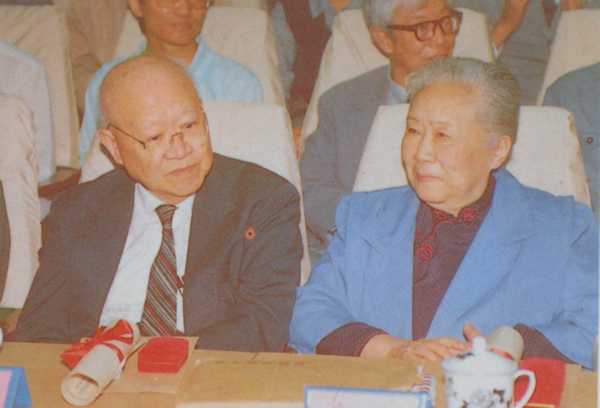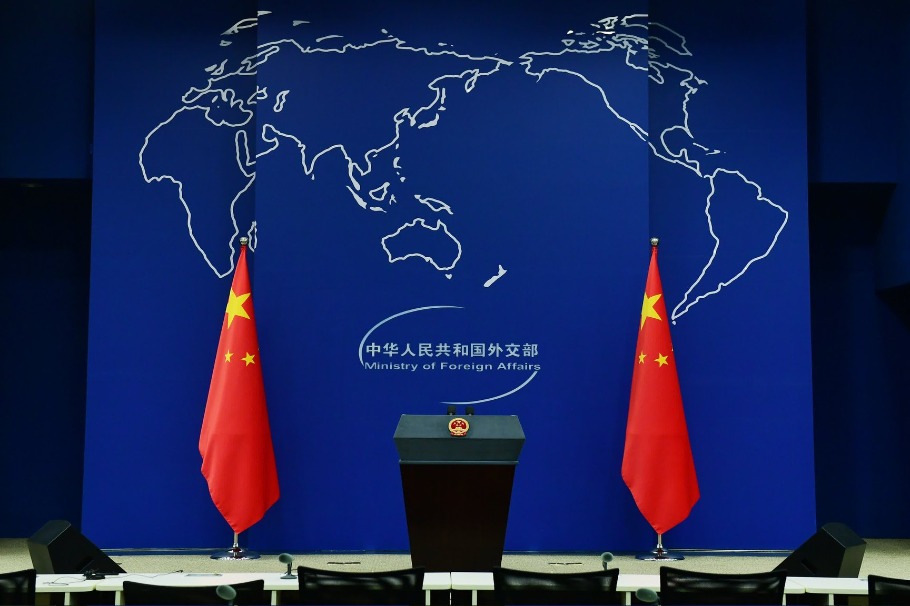A woman who changed our world
By Yang Yang | CHINA DAILY | Updated: 2022-07-05 08:18

The father, absorbing the merits of Western ideas while bearing the great thoughts rooted deep in Chinese culture in mind, exerted the most profound influence on Wu Chien-shiung's life.
She spent most of her life in the US, but always wore qipao, a traditional Chinese gown. Working in the scientific world dominated by men, she never gave up or lowered her standards even if unequally treated.
After graduating from the former National Central University in Nanjing in 1934, Wu enrolled at the University of California, Berkeley at the age of 24 to continue her study in physics.
During her 44-year career as a nuclear physicist, Wu's unprecedented achievements won her nicknames such as "Chinese Madame Curie", "queen of nuclear research "and "first lady of physics".
As the nickname indicates, Wu was "first" in many ways.
She was the first woman to be president of American Physical Society, the first female winner of the Comstock Prize in physics given by the US National Academy of Sciences, the first person to receive the Wolf Prize in physics, the first honorary doctorate awarded by Princeton University to a woman, and the first female professor of physics in the history of Columbia University.
Moreover, in 1990, the Purple Mountain Observatory of the Chinese Academy of Sciences in Nanjing named an asteroid after her (2752 Wu Chien-shiung).
Among her important contributions to physics, Wu was the first to confirm the theory of beta decay proposed by Enrico Fermi in 1933 about how radioactive atoms become more stable and less radioactive.
























